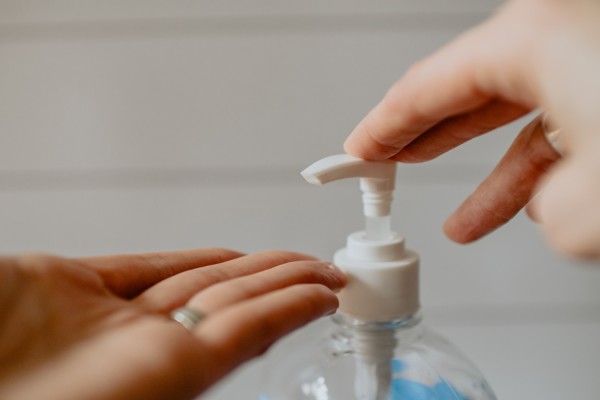Mass Usage of Hand Sanitizers Could Create Superbugs
Andrew Kemp, head of the Scientific Advisory Board on the British Institute of Cleaning Science, warns that overuse of alcohol-based hand sanitizers may lead to certain bacteria and viruses to adapt and survive the product. This could create new superbugs that could threaten public health.
According to Kemp, it has not yet been proven that the use of alcohol-based hand sanitizers could kill the virus that causes COVID-19 on the skin.
The fear over the spread of the coronavirus pandemic has to lead to people panic-buying hand sanitizers. People around the world have been advised to apply sanitizers liberally to prevent the spread of coronavirus.
Although hand sanitizers can be used as a last resort if there is no immediate access to soap and water, the routine use of these sanitizers can eventually bring more harm than good.
World Health Organisation still recommends handwashing, ensuring the use of enough soap to cover your hands, and using a piece of cloth to turn off the tap after hand washing is completed.
Mr. Kemp mentioned that even if hand sanitizers did kill 99.9 percent of all bacteria since there can be more than a million bacteria on your hands at any one time, there will still be around 10,000 foreign bodies left after sanitizing. What remains is a residue of sugar and protein.
READ MORE: Cats Inspire Researchers Developing COVID-19 Drug
Based on recent research, those bugs not killed by alcohol gel become highly dangerous pathogens and may increase in numbers.
Since hand sanitizing gel has become widely available in public spaces like restaurants, train stations, and other venues in a bid to keep hands clean, this overuse can create a "multi disinfectant-resistant bacteria alongside our antibiotic drug-resistant bacteria", this may lead to creating a superbug "Armageddon" scenario.
Overuse of alcohol-based sanitizers may only increase health problems across the globe without actually helping stop the spread of coronavirus. As such, alcohol-based sanitizers should be used as a short-term solution because prolonged use will only cause catastrophic consequences.
Mr. Kemp's concerns are supported by Winston Morgan, a lecturer in Toxicology and Clinical Biochemistry at the University of East London.
Mr. Morgan said an increase in antimicrobial-resistant bacteria could put a greater strain on our already struggling healthcare systems and even lead to further deaths. This could be prevented if hand sanitizers will be put to limited use only.
Some organisms are resilient and can change or mutate after being exposed to an antimicrobial. Antimicrobial may include antibiotics, antiprotozoal, antiviral and antifungal medications. As organisms adapt to become immune to the medicines designed to kill them, they will become more difficult to get rid of.
Our attempts to protect ourselves from Covid-19 may actually be creating an environment where even more antimicrobial-resistant microorganisms can emerge.
This recent study is likely to raise alarm among public health officials who have continuously been advocating the widespread use of sanitizers to combat diseases.
IN CASE YOU MISSED IT: COVID-19 Roundup: Cases Worldwide Now More Than 24.8 Million, Changes in Testing Guidelines and Latest in Vaccine
Check out more news and information on COVID-19 on MD News Daily.
Sep 01, 2020 08:20 AM EDT






